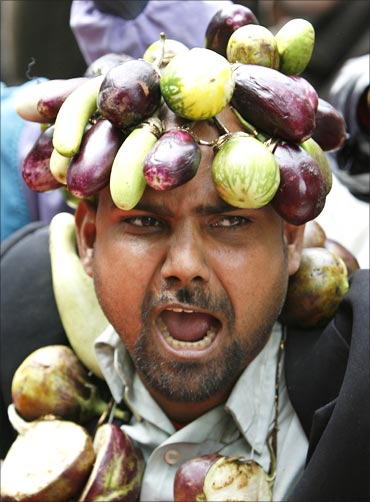
Rising prices are like a fire feeding on itself. As they erode the incomes of wage-earners, they give rise to labour unrest.
That, in turn, brings down productivity leading to further inflation. Thus a vicious circle is established.
It's a tough time for the common people in India. Indians are gasping for breath as prices of essential commodities are spiralling out of control.
With the United Progressive Alliance government deregulating the prices of petro products, things have got even worse.
Interestingly, in any discussion of food price rise, one is bound to hear the word drought, a factor which is singularly being taken into account as the reason for food price hike.
Facts, however, say otherwise.
The possibility of a drought became apparent from July 2009 and its effects -- a below average crop of paddy, pulses, potatoes (kharif crop) and sugar -- could only begin to be felt with lower arrivals in the market from October 2009.
But it should be mentioned here that price have been on the rise since the beginning of 2008.
During an informal discussion with rediff.com, economist Abhirup Sarkar explained in lay person's terms why the prices in India are escalating so fast. Let's check out what he has to say.
. . .
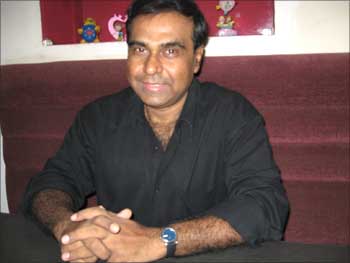
Why do prices rise?
Adam Smith, one of the founding fathers of economics, spoke of the 'invisible hand of the price mechanism'.
He described how the invisible or hidden hand of the market operated in a competitive market through the pursuit of self-interest to allocate resources in society's best interest.
This remains the central view of all free-market economists.
The price mechanism is a term used to describe the means by which millions of decisions are taken each day by consumers and businesses.
India, at the moment, is reeling under an acute inflation mainly because of the rise in prices of agricultural products as well as a recent hike in petro prices.
. . .
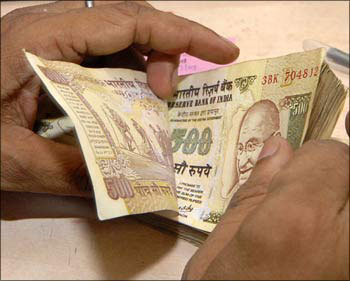
Is inflation the main culprit?
In economists' parlance, the main culprit happens to be inflation. In lay people's language, inflation means too much money and too few goods, thus costlier goods.
Naturally, if money exceeds the value of commodities available in the market, the prices are bound to go up.
This indicates a state of imbalance in the economy.
Now, what leads to inflation? There could be various factors but mainly it is a result of:
(Here one must take into account both industrial and agricultural production).
Any inflationary situation is further aggravated by unimaginative import and export policies.
If imports are not so designed as to fill the gaps in the domestic market and exports remain unmanaged so as to widen them, a further increase in prices is the natural fallout.
. . .
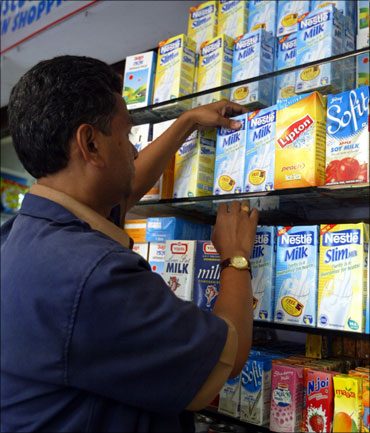
Monsoon is always the big issue
Why was there less production of agricultural products last year? Late monsoon was primarily responsible.
This year too, we are yet to get enough rainfall conducive to production.
Observing that the production was less and expecting that it may not be too good this year as well, hoarders became overactive, thereby leading to further price rise.
It should be mentioned in this context that though hoarders are often blamed for rise in food prices, they do have a somewhat positive role to play in any economics.
It is the hoarders who through their activity strike a balance between the current price and future price.
If there is no hoarding, prices don't go up, therefore, in cases of late monsoon or less production, food prices rise drastically causing much hardship for the common people. It is the hoarders who actually help maintain some sort of an equilibrium.
However, unlike hoarders, speculators are extremely harmful for an economy as too much of guesswork leads to a deadly trap of speculative spiral.
. . .
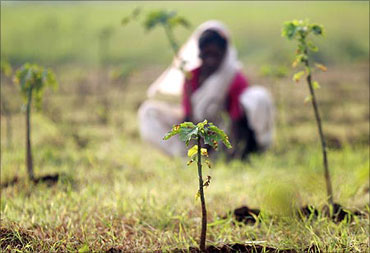
More purchasing power to the rural population
President Pratibha Patil, in a recent address to a joint session of Parliament, said that price rise was 'to some extent a reflection of the implementation of our schemes of inclusive growth involving payment of higher procurement prices to farmers and the impact of higher public spending on programmes of rural development, which have raised incomes in rural areas'.
According to Abhirup Sarkar, the National Rural Employment Guarantee Scheme, along with a few other government schemes gave additional money and purchasing power to the rural population. The latter then spent the extra money in procuring food for the household.
Demand for food thereby rose and supply could not always keep pace. This led to food price escalation.
. . .
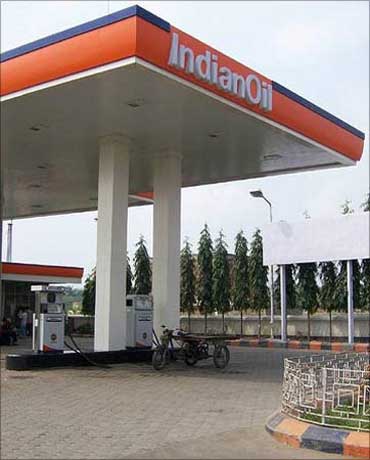
'The governments can control the petro prices'
Prime Minister Manmohan Singh recently justified freeing petroleum prices as part of 'much-needed reforms'. No one is denying that.
But it is a known fact that 30 per cent of the revenue earned from oil is given as subsidy. My question is can't the government adjust this to some extent?
Also, selling prices of petro products consist of crude oil price plus taxes by the central and the state government.
Herein too, the central and the state governments can adjust the taxes to a large extent to give some relief to the consumers.
These measures can definitely be taken should there be the intent.
. . .
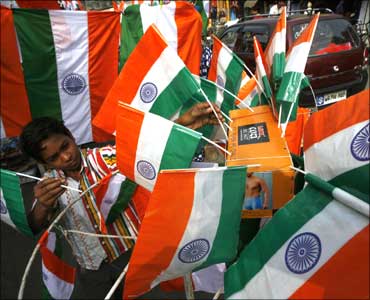
What should the government do?
Sarkar has a few suggestions, which, he thinks if taken, can curb price rise to a great extent. These are:
Sarkar sincerely believes that given the will and grit along with cooperation of people at large, the problem of rising prices can certainly be solved.